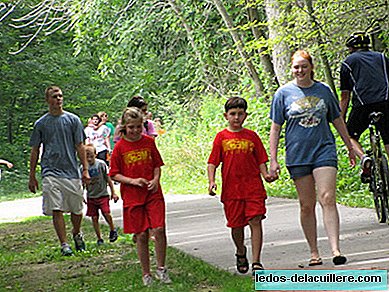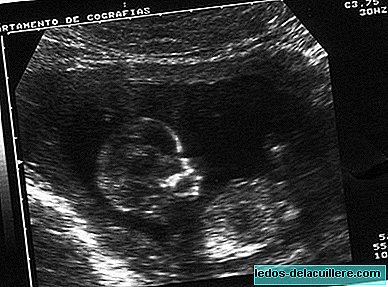
An investigation by the University of Exeter in the United Kingdom reveals that people who live near parks and other green spaces in cities are more likely to enjoy better mental health. This effect It is especially observed in children, who have not only "lost the streets" but also the possibilities of playing freely and explore natural spaces to discover the secrets of Nature.
It can be said that there is more than one entity at European and global level, interested in investigating the relationship between Nature and health, in fact the Roger Torné Foundation, recently told us that the European study PHENOTYPE, has already made public some of the Conclusions (pending final publication) that point to a beneficial link.
There are studies prior to PHENOTYPE, and all indicate that the rate of violence and obesity is reduced, also that children (and adults) near green areas sleep better
It goes without saying that people living in these conditions perform more physical activity, and feel more full of energy and willing to interact with others (because they find it easier). In summary, social, psychological and physical health benefits are observed.
There is an effect that is not being investigated in this study: the fact that where there are more green areas, there is less air pollution and temperatures are lower, and this also has health effects.
From the research mentioned at the beginning of this post, it should also be noted that the fact that we are not machines, but human beings, is therefore pointed out we should take more care of our human nature, and our animal bodies, instead of putting the relationship with culture or technology first. That is, instead of seeing it as a confrontation, we could seek balance, increasing the time in which our children enjoy the natural environment.












